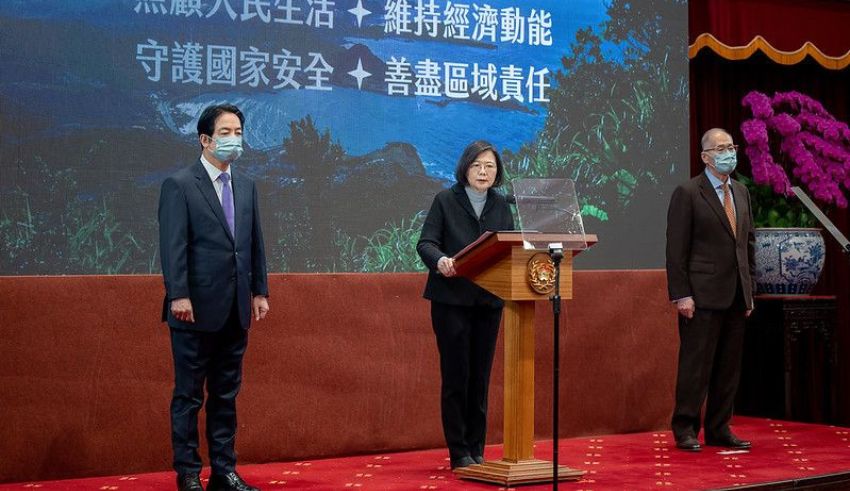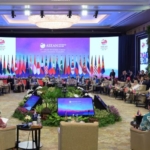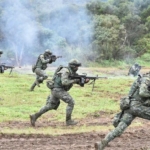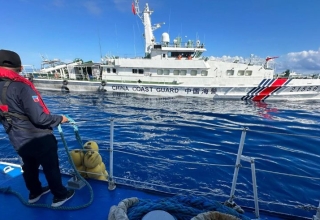
As Taiwan gears for the island nation’s 2024 Presidential Election, China has opened to people-to-people exchanges. This was initiated by former Taiwan president Ma Ying-jeou who was in mainland China for a 12-day private visit with 30 Taiwanese students.
This has been reciprocated by 36 students and faculty members from China’s universities upon Ma Ying-jeou Foundation for a nine-day visit. Chen Binhua, Taiwan Affairs Office spokesman, believes this will promote resumed exchanges on both side.
Regional experts have described this trip as significant. They say China and Taiwan need to zero down to a political solution reducing dangerous tensions and engage in more cross-strait activities for a positive outcome. And if the Taiwan president Tsai Ing-wen is not open to a one country, two systems concept, she needs to come up with a more balanced approach in order to increase understanding among the ordinary people.
Ma highlighted the 1992 Consensus, a cornerstone political agreement between the Kuomintang (KMT) Party and the Chinese Communist Party on his 10-day visit to China. According to the Consensus, China and Taiwan agreed that there is one China with differing interpretations as to what China is. Ma believes people on both sides of the Taiwan Strait are Chinese people. The KMT and the former Taiwanese president wants to reduce cross-strait tensions and return Taiwan and China to a more cooperative era like the one in 2008 and 2016.
Keep Reading
However, Ing-wen’s Democratic Progressive Party (DPP) views China as its “enemy”. The party says that KMT, by reaffirming the 1992 Consensus, believes Beijing is willing to resume political negotiations and reinvigorate economic cooperation, instead of threatening Taiwan on a near-daily basis with military patrols and exercises. The KMT says Taiwan must talk to China to prevent conflict.
The DPP argues that Taiwan must stand up to China’s increasingly aggressive behavior to maintain the island’s de facto independence and sovereignty. Ing-wen has rejected and resisted making any political concessions to Beijing as it would jeopardize the island’s freedom. The DPP highlighted Hong Kong as an example to prepare for a potential Chinese attack.
Furthermore, Ing-wen has raised concerns about the possibility of China interfering in its upcoming Presidential Election. The Taiwan government has warned of Beijing’s attempts to influence public opinion on the island state.


























